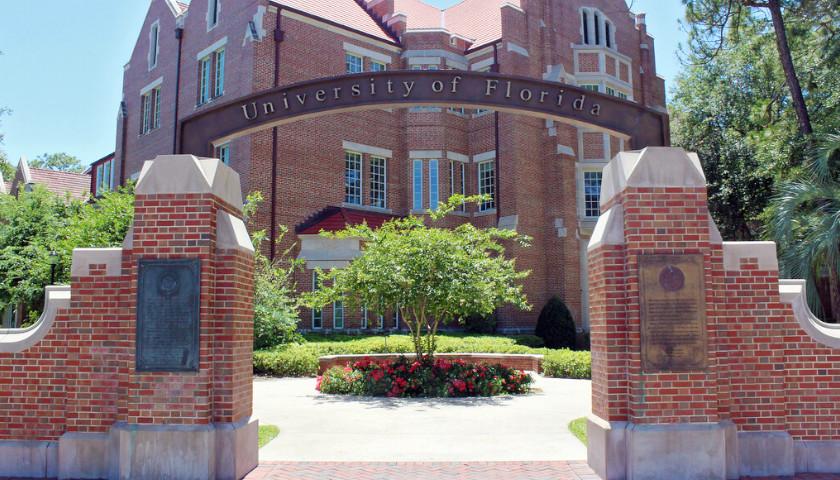by Jennifer Nuelle
The College Board recently made changes to the Advanced Placement (AP) tests that have resulted in more student test-takers receiving higher scores, according to the Wall Street Journal.
The AP tests’ scoring changes involve replacing a panel of experts with a large-scale data analysis to determine skills students learned throughout the courses, the WSJ reported. Educators and test-prep companies are skeptical of the changes, alleging it is another form of grade inflation and a way to increase College Board’s business.
“It is hard to argue with the premise of AP, that students who are talented and academically accomplished can get a head start on college,” Jon Boeckenstedt, Oregon State University’s vice provost of enrollment, told the WSJ. “But I think it’s a business move.”
 The AP tests score students on a one-to-five scale, with three being the lowest possible passing score, according to the WSJ. For popular exams like AP U.S. History, the proportion of students who received a three or higher was significantly lower in 2023 than in 2024.
The AP tests score students on a one-to-five scale, with three being the lowest possible passing score, according to the WSJ. For popular exams like AP U.S. History, the proportion of students who received a three or higher was significantly lower in 2023 than in 2024.
The College Board has lobbied state legislators for years, asking that public universities offer credit to students who pass the exams, and have been successful in 35 states, according to the WSJ. Students who pass the AP exams can be placed into more rigorous courses, or have requirements waived, as freshmen.
Trevor Packer, the head of the College Board’s AP program stated that the changes in scoring formats are not an attempt to lure in more test-takers, according to the WSJ.
“We want to be fair and precise in giving students the credit they have earned, “Packer told the WSJ. “This is not a matter of: Does this raise or lower the scores.”
Mark Reindl, who teaches AP U.S. History in California, found that 76% of his students passed the exam this year while no more than 40% had in previous years, the WSJ reported. He supports the changes as being beneficial to students earning college credit, but said that it won’t affect the standards for his class.
“That was an eye-opener,” Reindl told the WSJ.
– – –
Jennifer Nuelle is a reporter at Daily Caller News Foundation.





